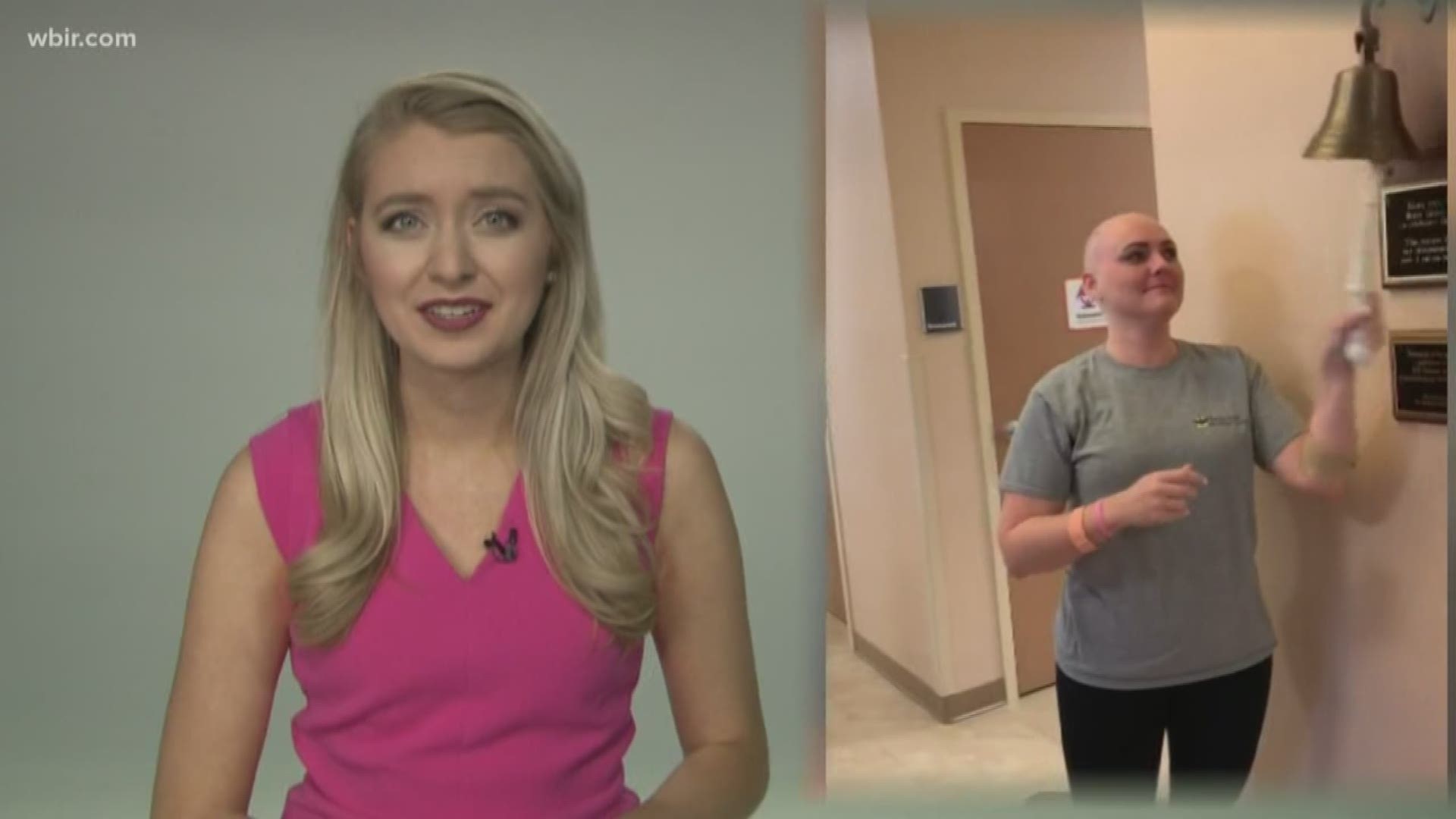You hear us say it every month: "It is the tenth of the month, which means it's time for your Buddy Check 10. Call up your buddy and remind them to do a breast self-exam and do one yourself."
But what does that even mean? Why are we reminding you every month?
According to Susan G. Komen, one in eight women will be diagnosed with breast cancer in her lifetime. We've heard personal testimonies from survivors, grieved for people who found out too late and cheered for people who rang the victory bell.
According to cancer.org, early detection for breast cancer is key. That means if you find and diagnose it when you notice something off, you can often treat it earlier.
RELATED: Learn about Buddy Check 10
So what is a breast self exam? The Mayo Clinic defines it as "an inspection of your breasts that you do on your own." The center suggests knowing your body and what it looks and feels like normally; that way, when you do monthly checks, you can easily notice if something is off or irregular. Self-exams are as simple as feeling around your breast in the shower or while you're getting dressed.
If you do find something irregular like a lump, discoloration or tender spot, schedule a doctor's appointment as soon as you can. Your doctor will then determine if you need a mammogram, other imaging or tests.
So what about mammograms? How often and when should you start getting them? Check out this info from the American Cancer Society for women at average risk for breast cancer:
- Women ages 40 to 44 should have the choice to start annual breast cancer screening with mammograms (x-rays of the breast) if they wish to do so.
- Women age 45 to 54 should get mammograms every year.
- Women 55 and older should switch to mammograms every 2 years or can continue yearly screening.
- Screening should continue as long as a woman is in good health and is expected to live 10 more years or longer.
- All women should be familiar with the known benefits, limitations, and potential harms linked to breast cancer screening.
There are many resources available regarding breast cancer-- everything related to detection, treatment and support groups.
The bottom line is to know your body, do your research, take the proper steps and find a buddy to remind every month too.
MORE BUDDY CHECK STORIES:
RELATED: Buddy Check 10: Yoga for cancer
RELATED: Buddy Check 10: Strong men wear pink

